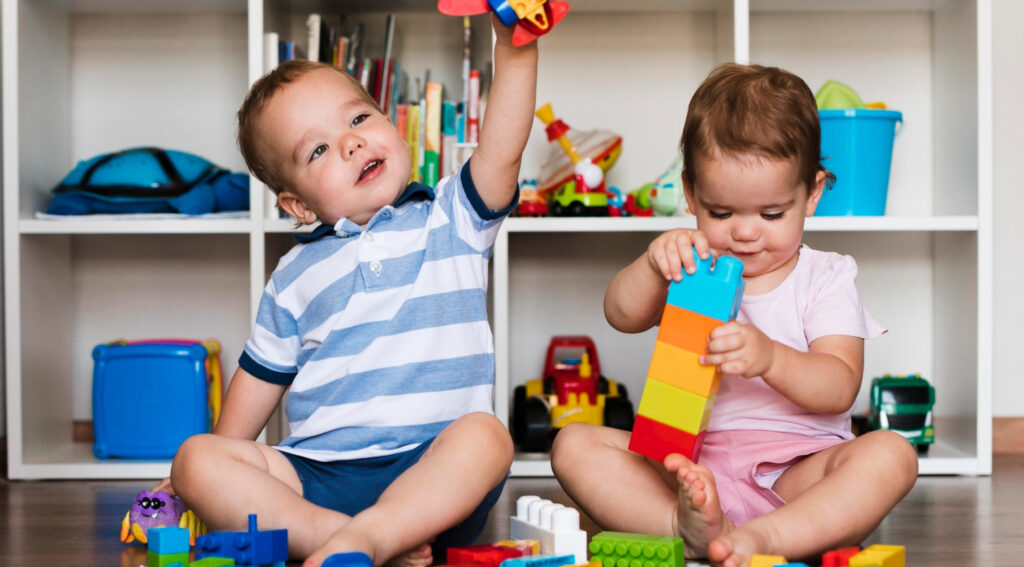The development of a child is marked by important milestones, and one of the most crucial ones is the development of their socioemotional abilities. In the first years of life, the children are discovering the world and building the basis for healthy relationships and a solid emotional intelligence.
The socioemotional development in a child refers to the process through which the children acquire and develop their abilities and competencies in areas related to their well – being and social interactions. This abilities are fundamental to understand and manage their emotions, establish healthy relationships with others and navigate successfully the social world they live in and it involves a wide range of aspects, which include:
- Acknowledgment of emotions: the children learn to identify and understand their own emotions, thus the emotions of others. That allows them to develop empathy and a greater emotional awareness.
- Emotional adjustment: they learn to manage and show their emotions in a healthy way. That includes the aptitude to calm down when they are upset, deal with frustration and show their feelings in an appropriate way.
- Empathy: they develop the ability to understand and feel empathy for others, which allows them to establish closer relationships and more understanding.
- Social abilities: they acquire abilities to interact with their peers and adults, as cooperative games, the resolution of conflicts and effective communication.
- Self-concept and self-esteem: as children experience success and recognition in various activities, they develop a positive self-image and healthy self-esteem.
- Relationship skills: they learn to establish and maintain healthy relationships with friends and adults, which is crucial for their social well-being.
- Morale development: they understand the differences between good and evil, and they develop a sense of responsibility and ethics.
One of the most significant milestones in the socioemotional development of a child is the creation of secure relationships with their caregivers and family members.

These relationships act as the basis of their emotional wellness, by bringing them a sense of trust and confidence in themselves and others. Through game, interaction and communication with their beloved ones, the children learn to shape emotional connections, express their needs and emotions, and to receive emotional support when they need it most.
Moreover, socioemotional development in early childhood is intrinsically linked to the building of emotional and social skills.
They learn to empathize with others, understand their perspectives and develop effective communication skills. An important aspect of socioemotional development is building a positive self-image and healthy self-esteem. Through experiences of achievement, support and recognition, children begin to believe in their own abilities and develop a sense of personal worth.
Finally, these socioemotional skills will lay the basis for success in school and in life; children who have developed strong emotional intelligence tend to perform better academically, establish stronger and more satisfying relationships, and face life’s challenges with greater resilience.
This makes it essential to a child’s holistic growth, parents, caregivers and educators play a critical role in providing a nurturing and supportive environment that fosters these skills. By investing in children’s socioemotional development, we are building the basis for a bright and emotionally healthy future.




